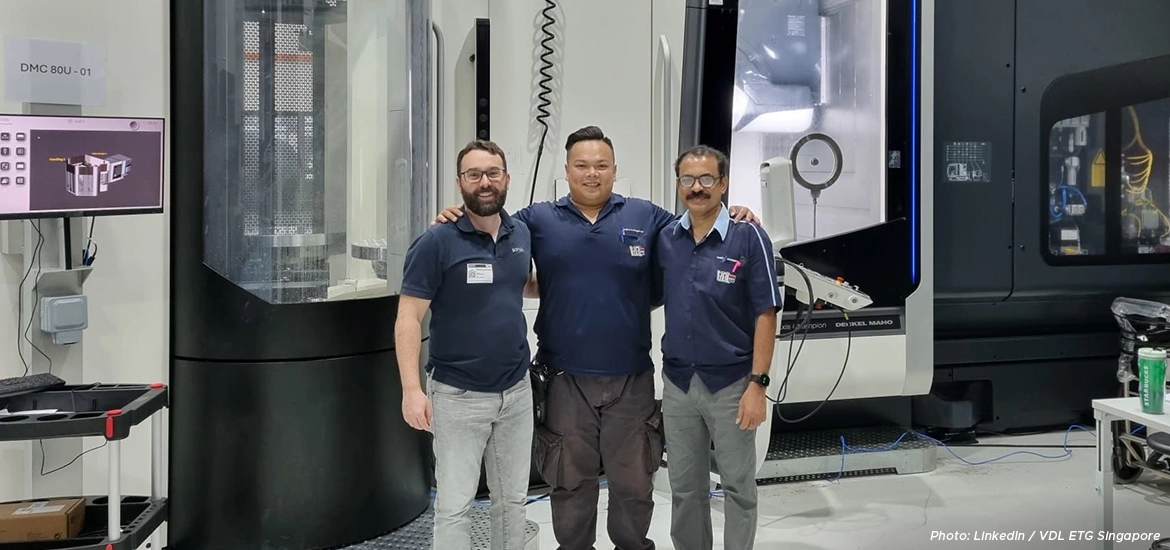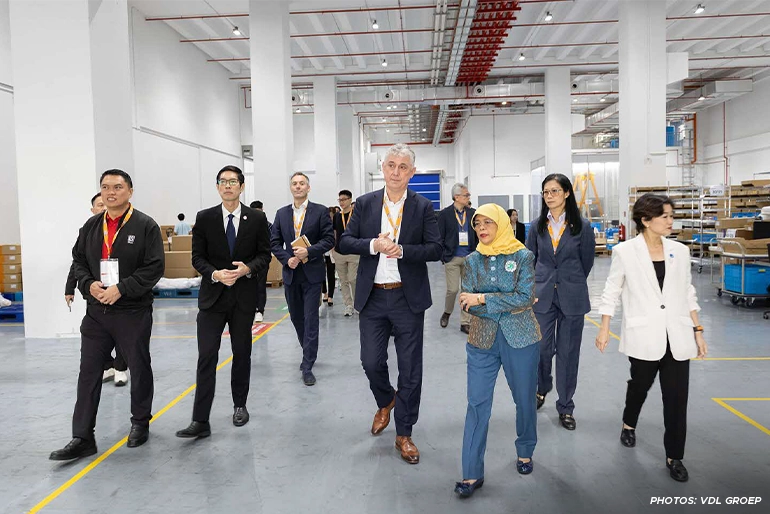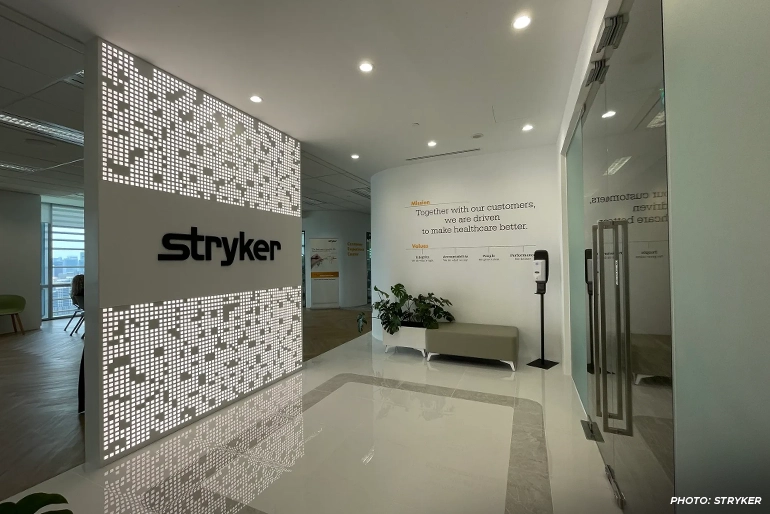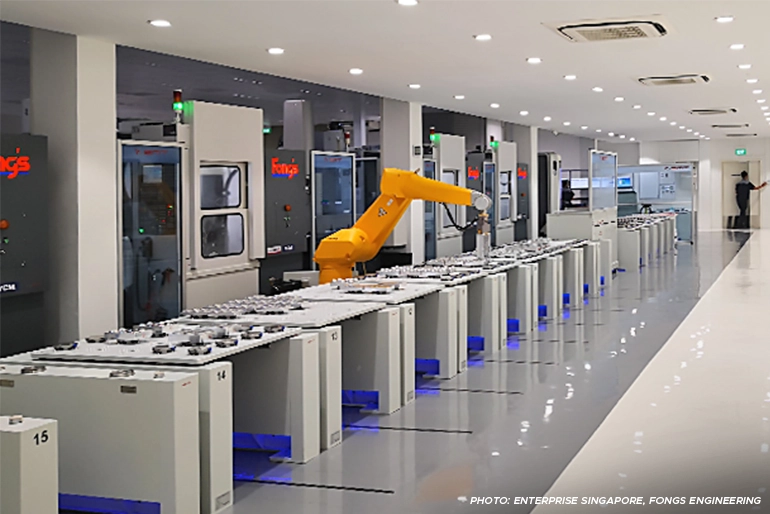Through its partnership with home-grown manufacturer Meiban, US-based Edwards Lifesciences saw savings in logistics time and cost, and an improvement in its speed-to-market. David Gan Tien Ngee, Global Supply Chain director at Edwards, said the company’s overall cost savings were between 20 and 30 per cent.
COVID Pandemic upheaval makes tariff impact more manageable
Edwards Lifesciences is the world’s leading manufacturer of heart valve products. In the second quarter of this year, 41.93 per cent of its revenues came from markets outside the United States, with Europe making up 24.68 per cent and Japan 6.22 per cent.
Singapore is the MNC’s largest manufacturing base and a vital part of its supply chain. Meiban is a key manufacturing partner for Edwards, and the two companies have already worked together for 15 years.
Edwards planned to expand its manufacturing base in Asia in 2010 and sought a partner in Singapore. Meiban, which had already brought in cleanroom technology, impressed with its high manufacturing standards and won the opportunity.
Wilson Tan, Operations Director at Meiban, said the partnership gave Meiban the opportunity to establish itself in the medical devices sector. “On top of the boost from Edwards’ reputation in the industry, the stringent quality standards they required from their partners have also significantly improved our company’s technical capabilities,” he said.
From supplying customised injection-moulded parts to developing automation solutions for Edwards, Meiban now works with Edwards’ R&D team on manufacturing design upgrades. This was made possible by the trust built up over the years and because of Singapore’s importance to the Edwards Lifesciences supply chain.
Tan said both sides currently meet at least once every two weeks. When starting on new projects, the frequency of meetings is increased to once a week so that both teams can stay updated on progress.
While there are a lot of uncertainties about tariffs, the strong partnership means neither Meiban nor Edwards feels overly anxious. Tan said the partnership had survived the pandemic crisis, which provides a measure of reassurance. Compared to the direct disruptions to manufacturing caused by the pandemic, the impact of tariffs on cost appears to be more manageable.
“The pandemic had a huge impact, but we understood each other’s business needs and could rely on close communication to get through the crisis,” he said.
Gan also referred to how closely the partners worked together during the pandemic, devising strategies to manage inventory, preparing raw materials in advance and implementing other measures to ensure business continuity. “This is where the partnership comes in: overcoming challenges together through open communication,” he said. “Tariffs won’t change our partnership strategy here.”
Government plays matchmaker to boost partnerships with MNCs
Dr Xu Le of NUS Business School said government support has been crucial in the partnerships between MNCs and local enteprises.
One example is the official Partnerships for Capability Transformation (PACT) scheme, which provides funding to attract foreign investment and incentivise MNCs to partner with local SMEs.
According to Enterprise SG and the Economic Development Board (EDB), PACT funding helps companies overcome some initial hurdles by defraying part of the costs incurred when MNCs and LEs enter a partnership.










